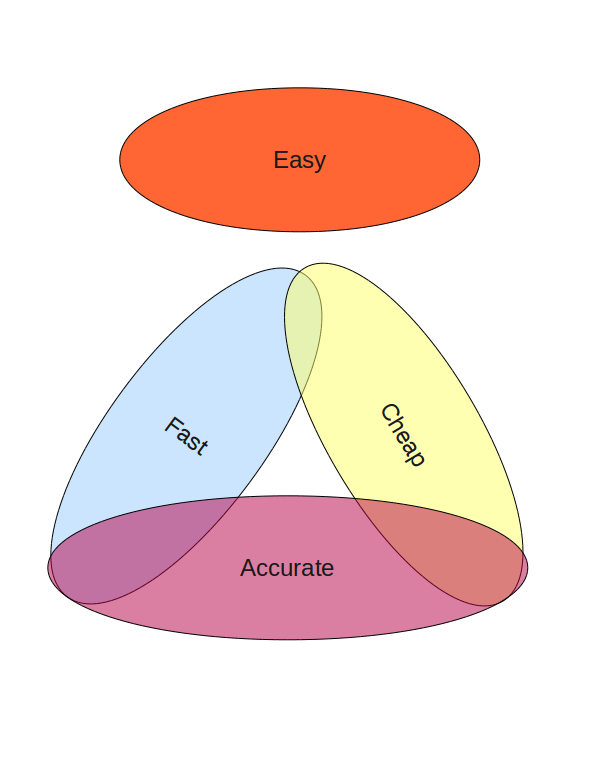Memex In Action: Watch DARPA Artificial Intelligence Search For Crime On The ‘Dark Web’ by Thomas Fox-Brewster.
Is DARPA’s Memex search engine a Google-killer? by Mark Stockleyhttps
A couple of “while you wait” pieces to read while you expect part of the DARPA Memex project to appear on its Open Catalog page, either this coming Friday (17th of April) or Monday (20th of April).
Fox-Brewster has video of a part of the system that:
It is trying to overcome one of the main barriers to modern search: crawlers can’t click or scroll like humans do and so often don’t collect “dynamic” content that appears upon an action by a user.
If you think searching is difficult now, with an estimated 5% of the web being indexed, just imagine bumping that up 10X or more.
Entirely manual indexing is already impossible and you have experienced the short comings of page ranking.
Perhaps the components of Memex will enable us to step towards a fusion of human and computer capabilities to create curated information resources.
Imagine an electronic The Art of Computer Programming that has several human experts per chapter who are assisted by deep searching and updating references and the text on an ongoing basis? So readers don’t have to weed through all the re-inventions of particular algorithms across numerous computer and math journals.
Or perhaps a more automated search of news reports so the earliest/most complete report is returned with the notation: “There are NNNNNN other, later and less complete versions of this story.” It isn’t that every major paper adds value, more often just content.
BTW, the focus on the capabilities of the search engine, as opposed to the analysis of those results most welcome.
See my post on its post-search capabilities: DARPA Is Developing a Search Engine for the Dark Web.
Looking forward to Friday or Monday!
 This is an interview with
This is an interview with 